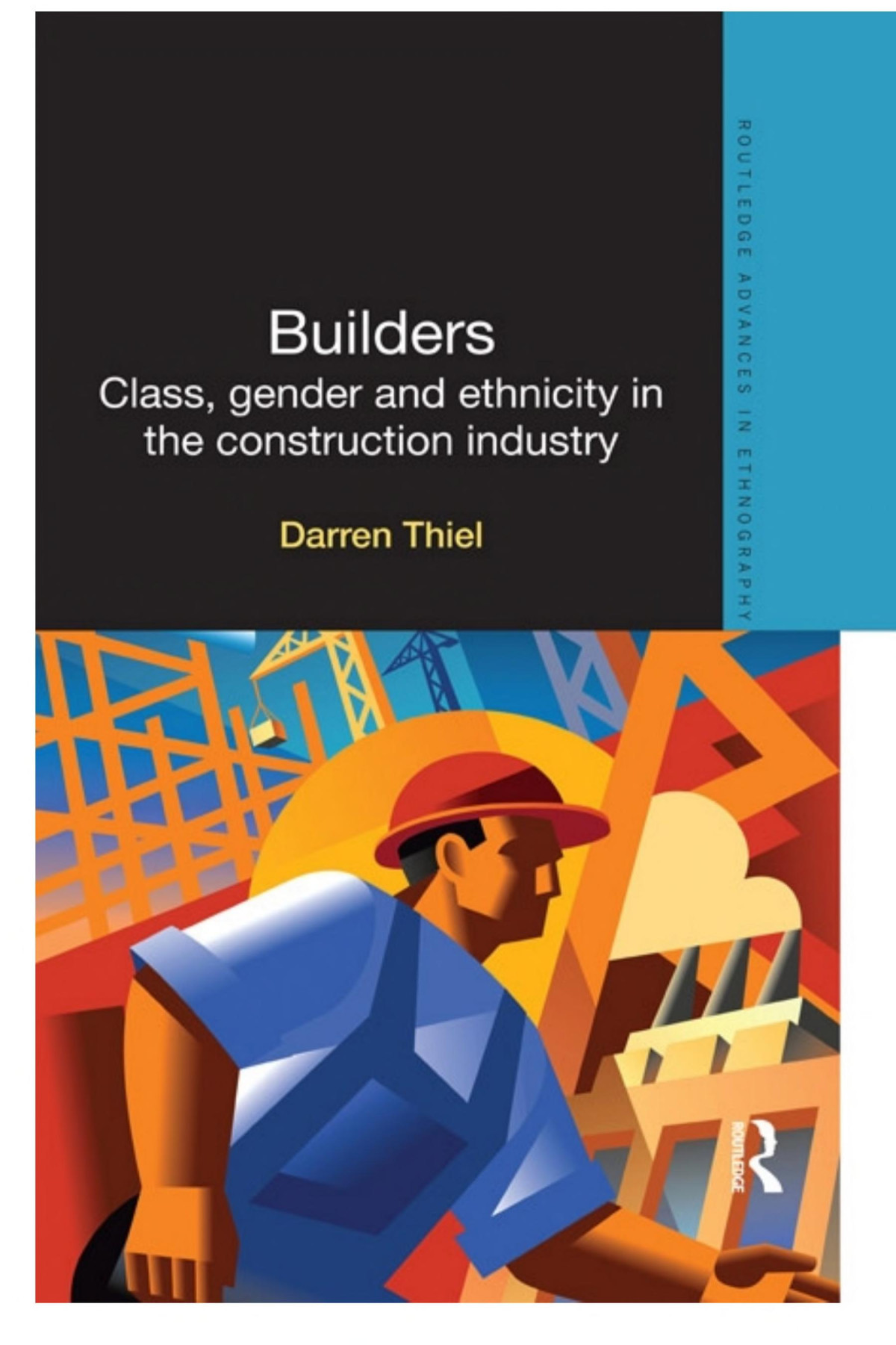

Most ebook files are in PDF format, so you can easily read them using various software such as Foxit Reader or directly on the Google Chrome browser.
Some ebook files are released by publishers in other formats such as .awz, .mobi, .epub, .fb2, etc. You may need to install specific software to read these formats on mobile/PC, such as Calibre.
Please read the tutorial at this link: https://ebookbell.com/faq
We offer FREE conversion to the popular formats you request; however, this may take some time. Therefore, right after payment, please email us, and we will try to provide the service as quickly as possible.
For some exceptional file formats or broken links (if any), please refrain from opening any disputes. Instead, email us first, and we will try to assist within a maximum of 6 hours.
EbookBell Team

4.7
16 reviewsBuilding workers constitute between five and ten per cent of the total labour market in almost every country of the world. They construct, repair and maintain the vital physical infrastructure of our societies, and we rely upon and trust their achievements every day. Yet we know surprisingly little about builders, their cultures, the organization of their work or the business relations that constitute their industry. This book, based on one-year’s participant observation on a London construction site, redresses this gap in our knowledge by taking a close-up look at a section of building workers and businessmen.
By examining the organizational features of the building project and describing the skill, sweat, malingering, humour and humanity of the building workers, Thiel illustrates how the builders were mostly autonomous from formal managerial control, regulating their own outputs and labour markets. This meant that the men’s ethnic, class and gender-bound cultural activities fundamentally underpinned the organization of their work and the broader construction economy, and thereby highlights the continuing centrality of class-bound culture and social stratification in a post-industrial, late modern world. Thiel outlines the on-going connections and intersections between economy, state, class and culture, ultimately showing how these factors interrelated to produce the building industry, its builders, and its buildings.
Based predominately on cultural and economic sociology, this book will also be of interest to those working in the fields of gender and organizational studies; social class and inequality; migration and ethnicity; urban studies; and social identities.